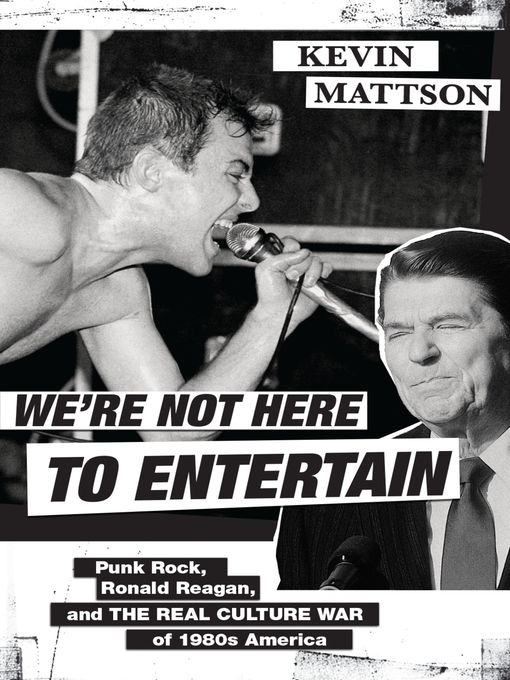- Available now
- New eBook additions
- New kids additions
- New teen additions
- Most popular
- Try something different
- Gutenberg
- One Book, One Philadelphia 2003-2024
- Science Fiction
- See all ebooks collections
- Available now
- New audiobook additions
- New kids additions
- New teen additions
- Most popular
- Try something different
- One Book, One Philadelphia 2003-2024
- Science Fiction
- See all audiobooks collections
- Home & Garden
- Tech & Gaming
- Health & Fitness
- Food & Cooking
- Sports
- Travel & Outdoor
- Hobbies & Crafts
- News & Politics
- See all magazines collections

